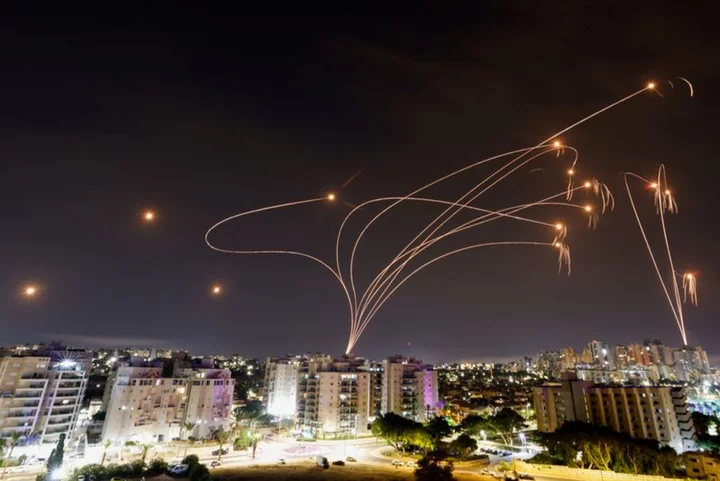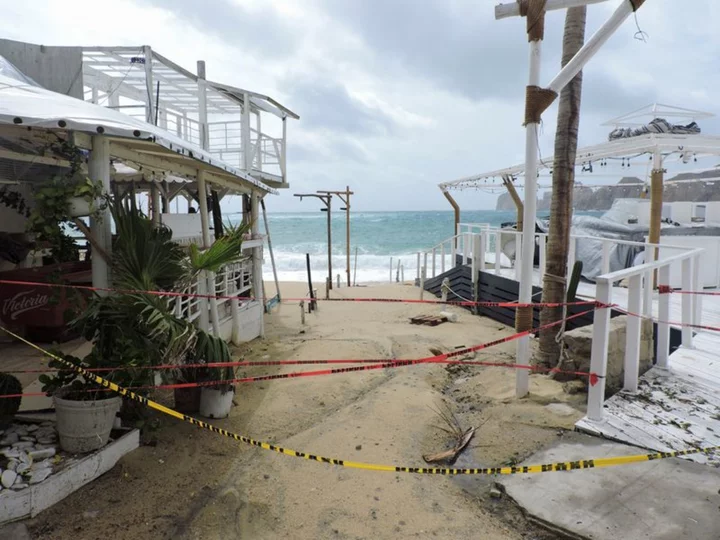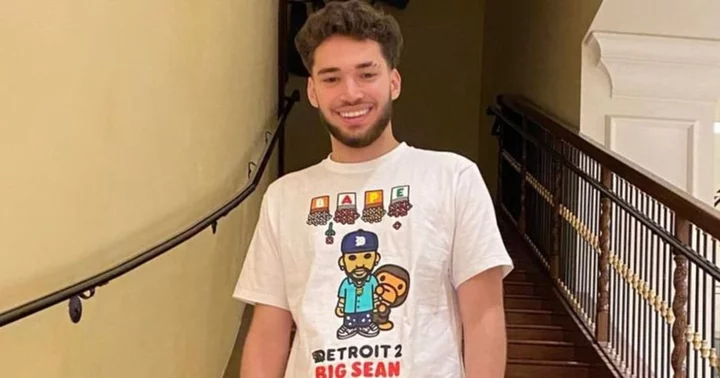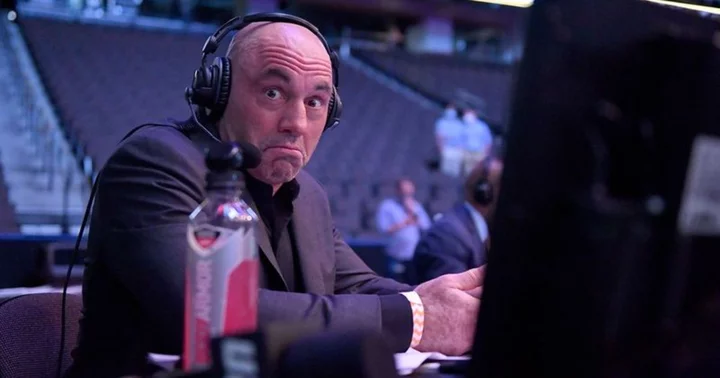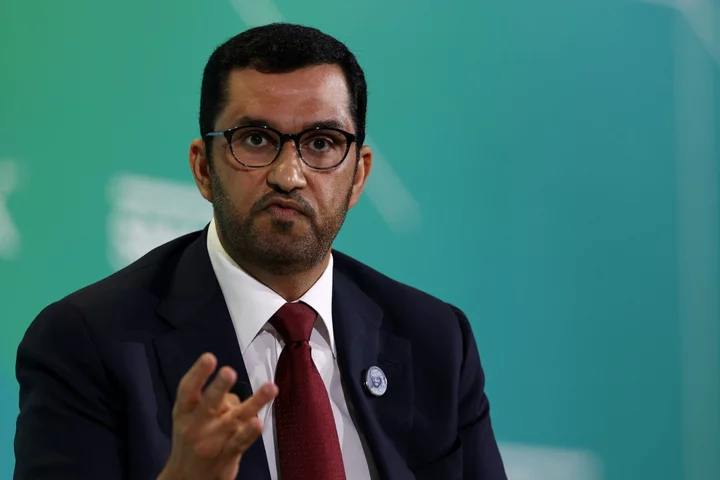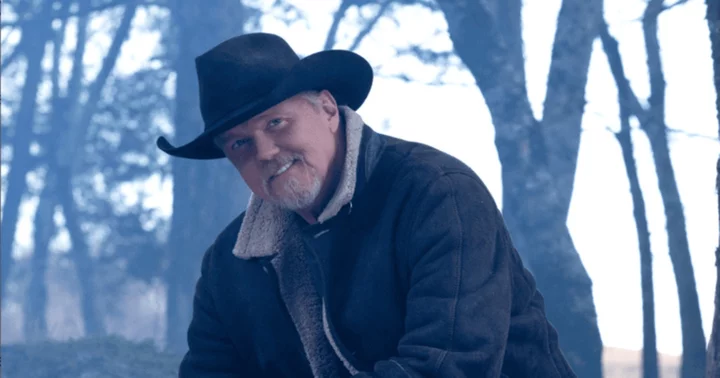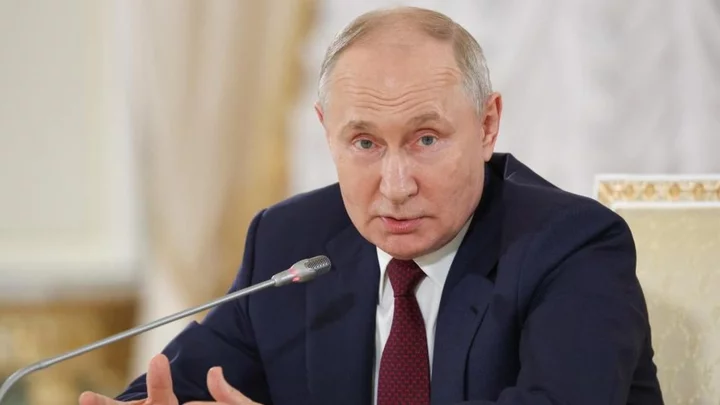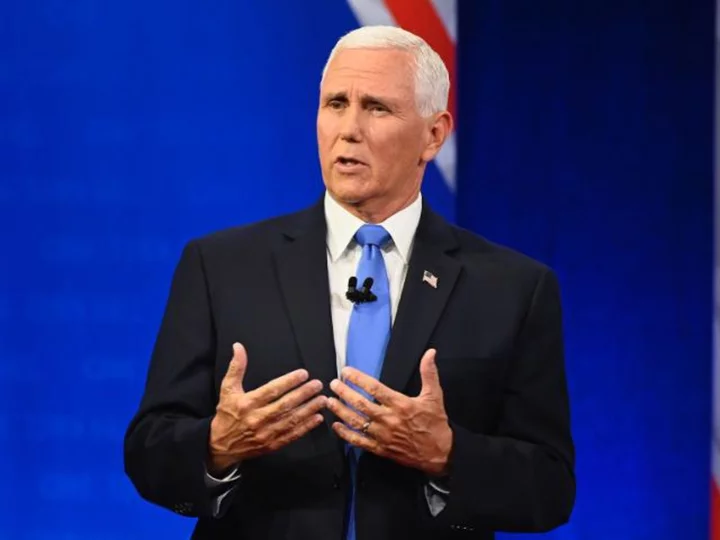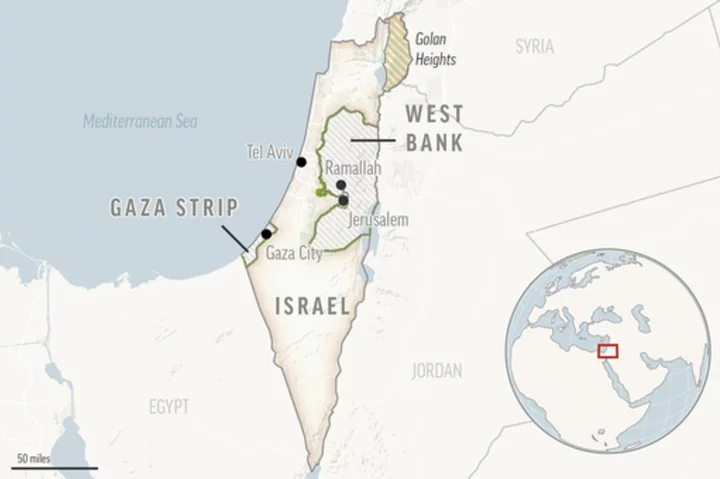By Henriette Chacar and Nidal al-Mughrabi
JERUSALEM/GAZA (Reuters) -Israel's troops were still fighting to recapture its own towns from Hamas gunmen on Monday, acknowledging the battle was taking longer than expected more than two days after the militants burst across the fence from Gaza on a deadly rampage.
Fighting was still raging at seven or eight locations inside Israel captured by the fighters, who killed 700 Israelis and seized dozens of hostages in an assault that shattered Israel's reputation of invincibility.
"It's taking more time than we expected to get things back into a defensive, security posture," Lt. Col. Richard Hecht told a briefing with journalists.
The shocking images of the bodies of hundreds of Israeli civilians sprawled across the streets of towns, gunned down at an outdoor disco and abducted from their homes were like nothing seen before in the decades-old Israeli-Palestinian conflict.
Israel has responded with its heaviest ever bombardment of the Gaza strip, killing more than 400 people, and is possibly contemplating an unprecedented ground assault of the territory it abandoned nearly two decades ago. First it has to reestablish control of its own territory.
Hamas fighters were continuing to cross into Israel from Gaza, Hecht said, adding that between 70 and 100 gunmen have been killed in the Beeri area since Saturday.
Fighter jets, helicopters and artillery struck over 500 Hamas and Islamic Jihad targets in the Gaza Strip overnight, with targets including Hamas and Islamic Jihad command centres and the residence of a senior Hamas official, Ruhi Mashtaa.
"The price the Gaza Strip will pay will be a very heavy one that will change reality for generations," said Defence Minister Yoav Gallant in Ofakim, one of the towns that was finally recaptured after a battle with Hamas fighters who stormed through it, killing civilians and leaving with hostages.
Prime Minister Benjamin Netanyahu's options for hitting Hamas, which controls the narrow Gaza Strip that is home to 2.3 million Palestinians, could be curtailed by concern for the many Israelis seized in the raid. A full-scale invasion of Gaza, which Netanyahu has avoided in his long years in power, could endanger the lives of the hostages.
In a statement, the Israeli Air Force said it dropped some 2,000 munitions and more than 1,000 ton bombs on Gaza aimed at over 8,000 targets in Gaza in the last 20 hours. Among the targets were three rocket launchers directed at Israel, a mosque where militants were operating and 21 high-rise buildings that served militant activity.
Since Saturday, at least 436 people were killed, including 91 children and 61 women, and more than 2,270 people were wounded, said the Health Ministry in Gaza.
"The Zionist enemy's military targeting and bombing of homes inhabited by women and children, mosques and schools in Gaza amount to war crimes and terrorism," Hamas official Izzat Reshiq said in a statement.
Retired Israeli military spokesperson Lieutenant Colonel Jonathan Conricus said Israel had called up around 100,000 soldiers.
"Our job is to make sure that at the end of this war, Hamas will no longer have any military capabilities to threaten Israeli civilians with, and in addition to that we also need to make sure Hamas will not govern the Gaza Strip," he said.
Hamas's main international ally Iran congratulated Hamas on the attack, but its mission to the United Nations said denied Tehran was involved in the operation. Beyond blockaded Gaza, Israeli forces and Lebanon's Iran-backed Hezbollah militia exchanged artillery and rocket fire on Sunday, while in Egypt, two Israeli tourists were shot dead along with a guide.
Appeals for restraint came from around the world, though Western nations largely stood by Israel.
CAPTIVES
Israel's military, which faces harsh questions for the country's worst intelligence failure in 50 years, said it had regained control of most infiltration points along security barriers, killed hundreds of attackers and captured dozens more.
Tens of thousands of soldiers are now around Gaza and the military is evacuating Israelis around the frontier.
Israel has not released an official toll but its media said at least 700 people were killed in Saturday's attacks, children among them. Military spokesperson Daniel Hagari called it "the worst massacre of innocent civilians in Israel's history." Netanyahu has vowed revenge.
Palestinian fighters took dozens of hostages to Gaza, including soldiers and civilians, children and the elderly. A second Palestinian militant group, Islamic Jihad, said it was holding more than 30 of the captives.
Israeli media say as many as 260 young people were killed in a bloodbath at an outdoor dance party, attacked by the gunmen before dawn on Saturday. About 30 Israelis still missing from the party emerged from hiding on Sunday.
"The cruel reality is Hamas took hostages as an insurance policy against Israeli retaliatory action, particularly a massive ground attack and to trade for Palestinian prisoners," said Aaron David Miller, a senior fellow at the Carnegie Endowment for International Peace.
U.S. Defense Secretary Lloyd Austin said he had ordered the USS Gerald R. Ford Carrier Strike Group to the eastern Mediterranean as a show of support to Israel. In Gaza, Hamas spokesperson Hazem Qassem condemned the U.S. announcement as "an actual participation in the aggression against our people".
The violence jeopardises U.S.-backed moves towards normalising relations between Israel and Saudi Arabia - a security realignment that could have threatened Palestinian hopes of self determination and hem in Hamas's backer Iran.
(Reporting by Maayan Lubell and Ari Rabinovitch in Jerusalem, Nidal al-Mughrabi in Gaza and Ammar Anwar in Sderot; Additional reporting by Henriette Chacar, Emily Rose and Dan Williams in Jerusalem, Ali Sawafta in Ramallah and Steven Scheer in Modiin, and Washington bureau; Writing by Stephen Coates and Michael Georgy; Editing by Peter Graff)

